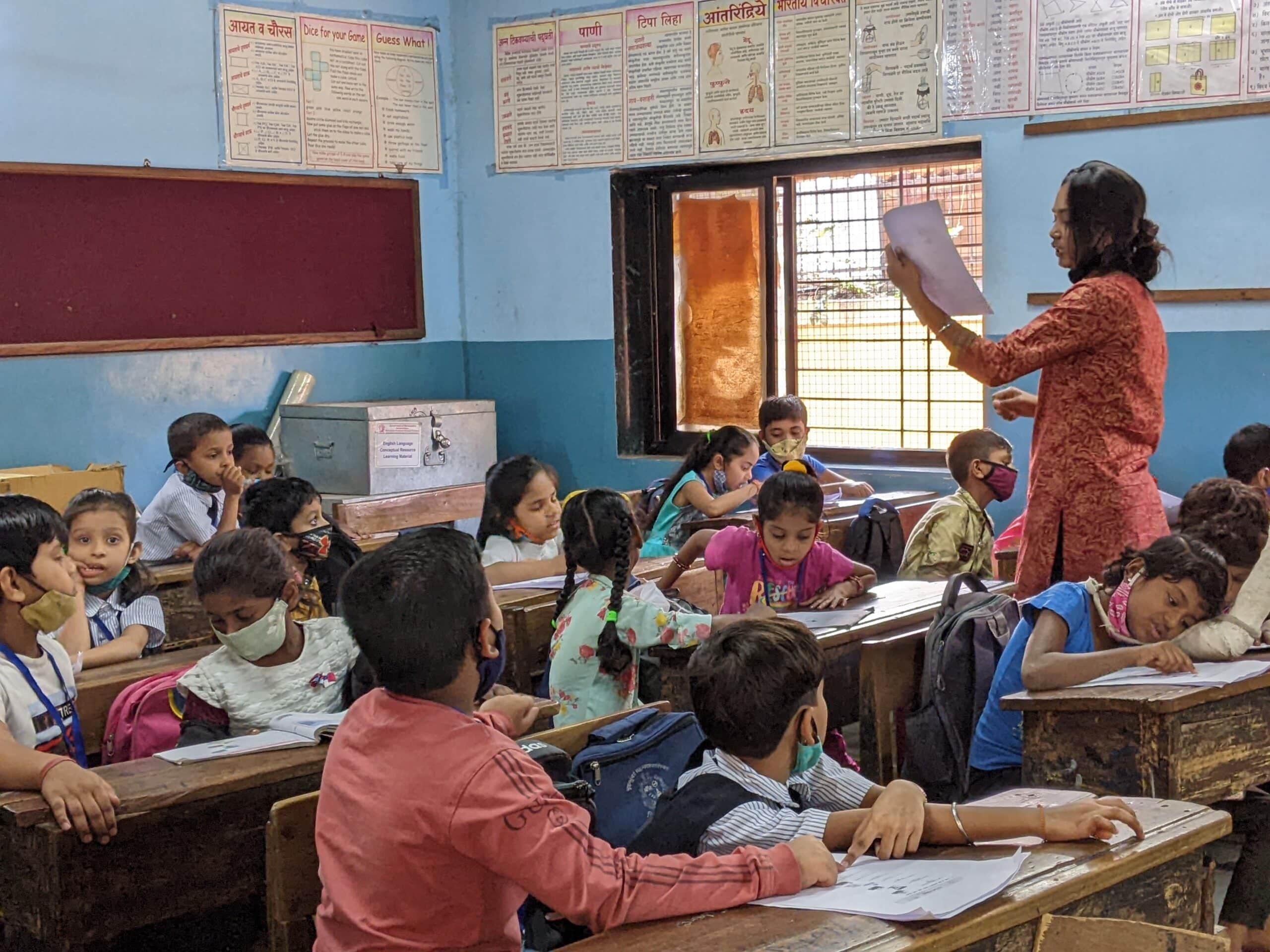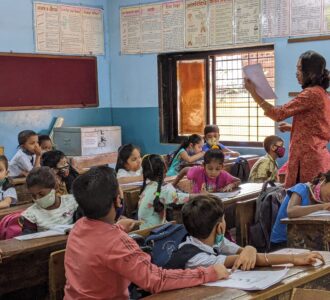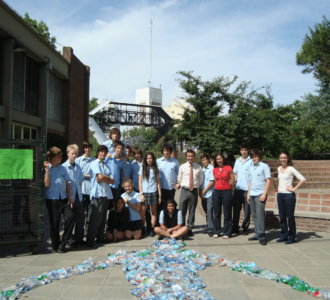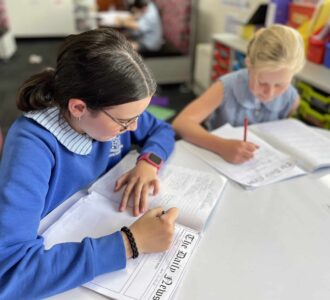In a bustling classroom in Tokyo, a teacher passionately discusses the Amazon rainforest and can even transport students there through the power of VR. Meanwhile, in Nairobi, students engage in heated debates about the implications of Brexit. These scenes, emblematic of modern education, signify the world’s classrooms are no longer confined by their four walls or even the borders of their nations.
Such discussions underscore the importance of understanding global events, even if they seem geographically distant.
As we stand at the crossroads of globalisation and technological advancement, the traditional boundaries of learning are being redefined. This article delves into the transformative role of education in cultivating global citizens, the essence of global citizenship, and its significance in today’s interconnected world. At a time where information is at our fingertips and cultures intertwine more than ever, understanding and embracing global citizenship becomes paramount. We’ll explore how modern education, with the help of programmes like Harvard’s Project Zero, is rising to this challenge, shaping individuals who are not only knowledgeable but also deeply connected to the global community.
The canvas of global education
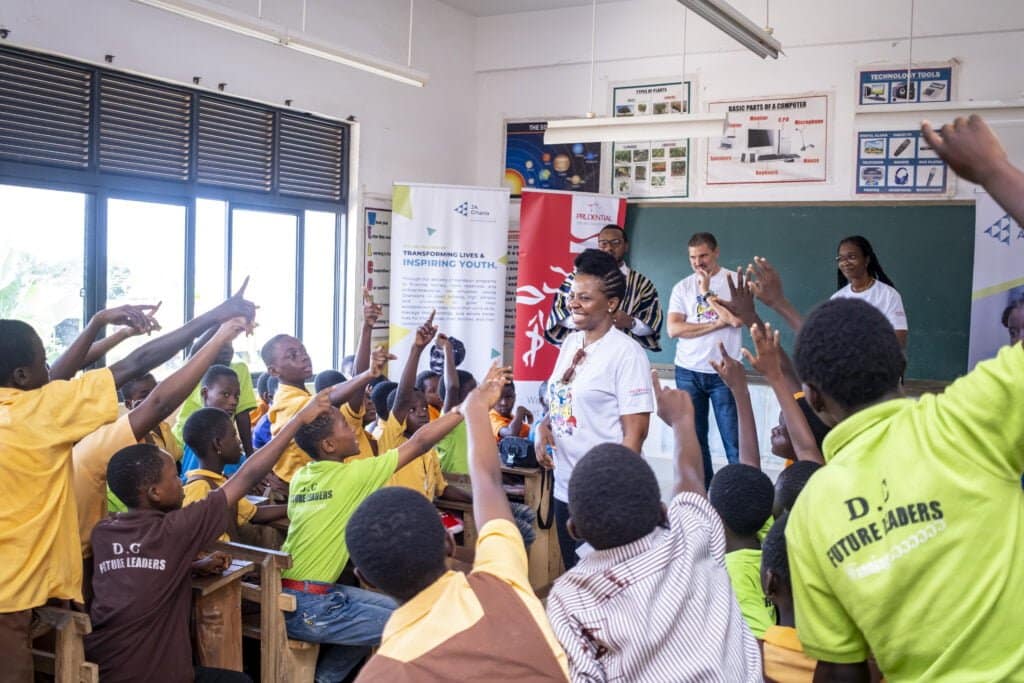
Historically, education has been the cornerstone of society, shaping minds and futures. Today, its role has expanded to shape not just individual minds but global citizens. This evolution is driven by the realisation that our world is more interconnected than ever. Schools like Still IRise International School in Nairobi, Kenya have been pioneers in this space, emphasising experiential learning and community engagement.
Understanding the world in its entirety means delving deeper than just surface-level knowledge. From the intricacies of climate change to the subtleties of cultural nuances, global education seeks to provide a comprehensive view. It’s about preparing students not just for exams, but for the challenges and opportunities of a globalised world. Institutions like Gort Community School in County Galway, Ireland have long championed this holistic approach, focusing on fostering global awareness and critical thinking from a young age.
At the core of global citizenship are its four pillars: critical thinking, cultural awareness, empathy, and social responsibility. These pillars not only define what it means to be a global citizen but also guide its education. They serve as the foundation, ensuring that as the world evolves, our approach to education and citizenship evolves with it.
Classrooms without walls
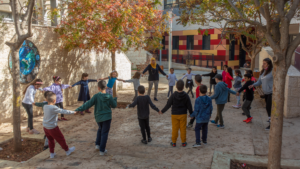
The transformative journey of global citizenship education is not just about knowledge; it’s about perspective. It’s about creating a classroom without borders, where the walls are porous, and information flows freely.
With the rise of technology, achieving this global perspective has become more accessible than ever. Virtual reality, for instance, can transport students to distant lands, allowing them to experience cultures and environments they might never physically visit.
Being a global citizen isn’t only about knowledge acquisition. It’s about developing a mindset that values empathy, understanding, and action. This mindset is cultivated by integrating global issues into the curriculum, fostering cultural exchanges, and encouraging active participation in global causes. It’s a holistic approach, ensuring students are not just passive recipients of information but active participants in the global community.
Characteristics and pillars of global citizenship
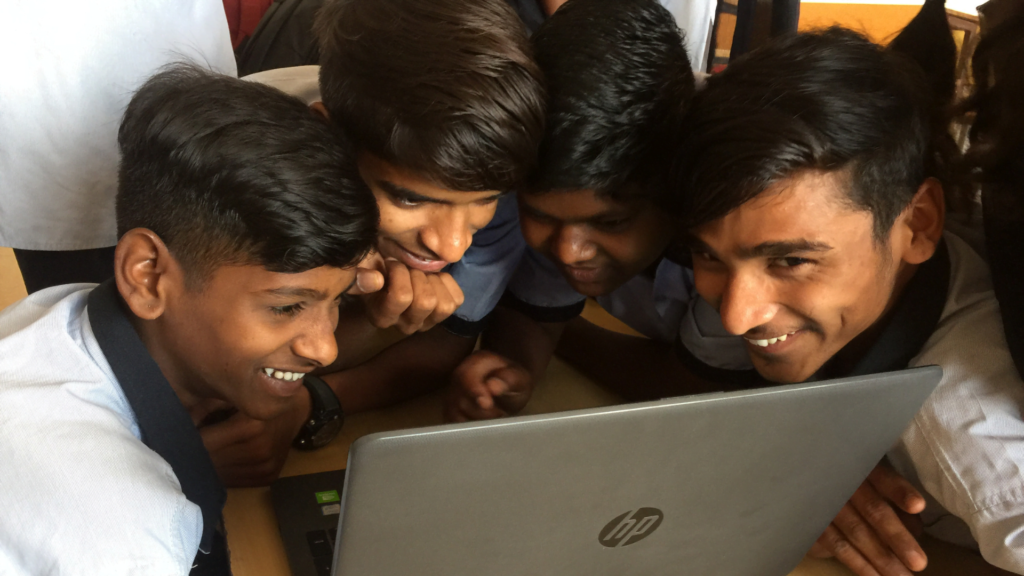
Being a global citizen is both a privilege and a responsibility. It signifies a commitment to being informed, active, and empathetic. Such individuals actively seek out information, challenge their own biases, and strive to understand perspectives different from their own.
Global citizens are characterised by their open-mindedness. They are culturally aware, proactive, and always willing to learn and adapt. They understand that global issues, from environmental challenges to socio-economic disparities, are interconnected and require collective solutions.
A case in point

In a world that often feels fragmented, initiatives like the Global Schools Program remind us of unity, inclusion, and equity’s power. Beyond education, it ensures every child, irrespective of background, embraces global citizenship. This initiative, birthed by the UN Sustainable Development Solutions Network and UNESCO’s Global Action Program on Education for Sustainable Development (ESD), has been transformative. It has permeated 1,560 schools in 105+ countries, ensuring 176,000+ students, many from marginalised backgrounds, receive holistic education.
The Global Schools Program’s essence lies in its commitment to inclusion and equity. It values diverse perspectives, enriching the curriculum with lessons from varied cultures, traditions, and histories. By fostering inclusivity, every student, irrespective of their background, feels acknowledged and valued. Through its emphasis on global citizenship, the programme is sculpting a generation that believes in unity, empathy, and shared responsibility.
The road ahead

The journey of embedding global citizenship in education is ongoing. The role of education in moulding global citizens is pivotal. It transcends academic excellence, focusing on nurturing individuals who are aware, empathetic, and proactive. The Global Schools Program exemplifies the transformative power of inclusive education.
Reiterating our central theme, education is more than a knowledge conduit; it’s the bedrock for a cohesive, inclusive future. We’ve explored global citizenship’s significance, the traits of a global citizen, and the supporting pillars. This underscores education’s profound impact in shaping individuals deeply connected to their surroundings.
Why is this vital? In our interconnected world, challenges are global. From climate change to socio-economic disparities, solutions demand collective action and collaboration. By championing global citizenship, we arm the next generation with the mindset to effect positive change.
Imagine a classroom where diverse students unite, not just for academic pursuits but to discern their role in the global tapestry. They discuss, collaborate, and realise their actions, however minute, have global repercussions. This epitomises education’s power. It’s not merely about academic achievements; it’s about moulding global citizens championing hope, unity, and change. As we gaze into the future, let’s acknowledge that every educational endeavour is a stride towards a more understanding, inclusive, and united world.
